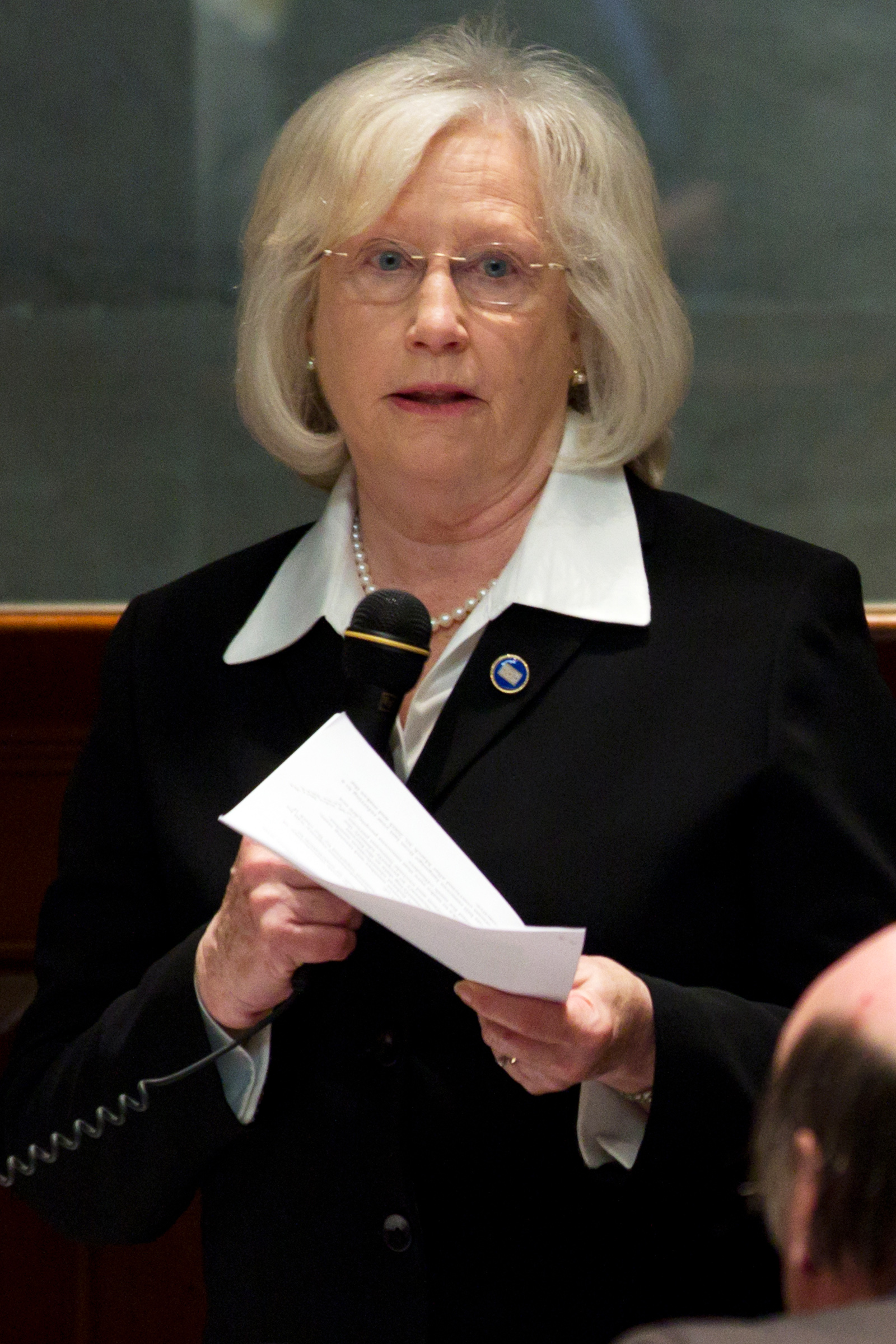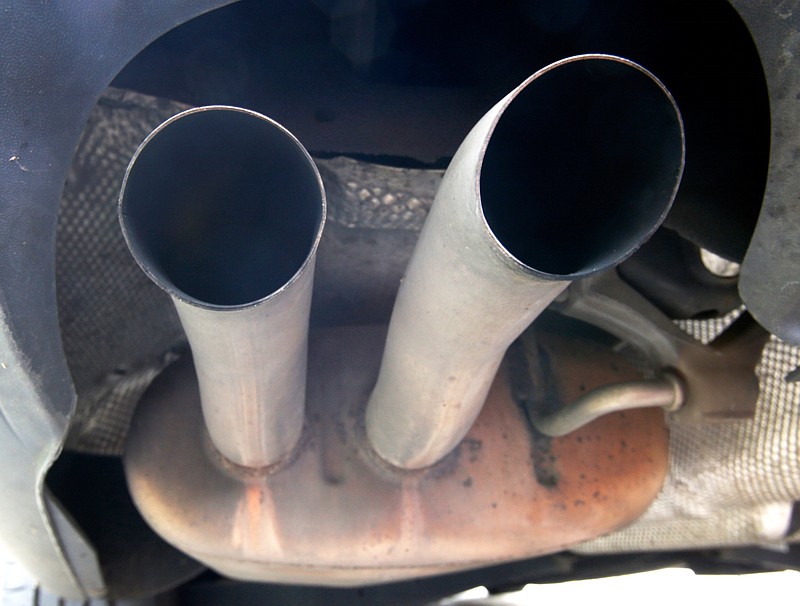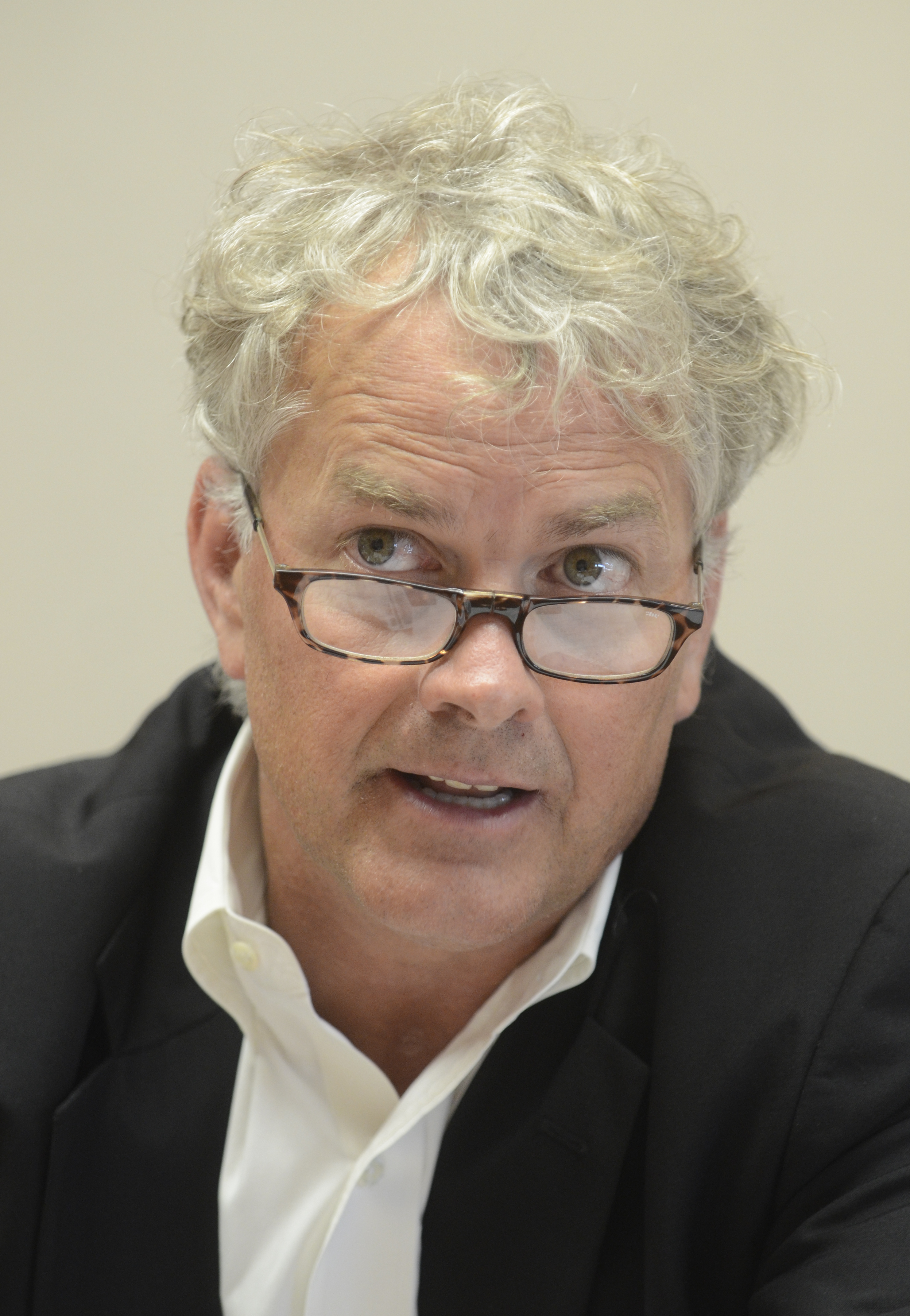 FILE - In this Feb. 1, 2012 file photo, Sen. Mae Beavers, R-Mount Juliet, describes her bill seeking to add more offenses to the state's methamphetamine offender registry during a Senate floor session Nashville, Tenn. Beavers helped craft legislation this session that would terminate the Court of the Judiciary in July and replace it with a 16-member Board of Judicial Conduct. (AP Photo/Erik Schelzig, File)
FILE - In this Feb. 1, 2012 file photo, Sen. Mae Beavers, R-Mount Juliet, describes her bill seeking to add more offenses to the state's methamphetamine offender registry during a Senate floor session Nashville, Tenn. Beavers helped craft legislation this session that would terminate the Court of the Judiciary in July and replace it with a 16-member Board of Judicial Conduct. (AP Photo/Erik Schelzig, File)NASHVILLE -- Tennessee lawmakers are set to vote on loosening vehicle emissions testing requirements as soon as they return in January, undeterred by Volkswagen's recent admission that it had been gaming the tests already in place.
The bill is the latest in a series of efforts by Republican lawmakers to dial back the state's emissions testing program, which currently applies only in six of the state's 95 counties.
It speaks to the lack of political will in much of the country, even in the aftermath of the Volkswagen scandal, to require the kind of rigorous testing that would catch widespread cheating by automakers. Experts say technology is capable of catching more violators, but with the cost of making repairs largely borne by vehicle owners, elected officials who already have an aversion to government regulation are wary of programs likely to impose new costs on their constituents.
In Tennessee and elsewhere, some still push for more lenient testing programs.
The Tennessee legislation seeks to get rid of testing requirements on vehicles less than three years old. It was deferred this spring over cost concerns, long before Volkswagen was caught outfitting software to defeat emissions tests on diesel cars - including those made at the German automaker's plant in Chattanooga.
Those revelations haven't deterred the bill's sponsor, Republican Sen. Mae Beavers of Mt. Juliet, from seeking a full Senate vote on the measure on the first day of the next legislative session.
"I think that all of that is too much government," Beavers said in a phone interview.
Software installed on 2009-2015 diesel Volkswagens sensed when the cars were hooked up to testing stands, and switched the emissions system to trap the legally permissible amount of nitrogen oxide. Out on the road, the exhaust system would return to allowing more pollutants to pass through the nitrogen oxide trap and spill out of the tail pipe at up to 40 times the allowable levels.
Vehicle inspection consultant Peter McClintock said remote sensing technology already in use in a handful of states could have caught Volkswagen's violations much earlier. Those systems capture emissions data in a real-world environment and match the information to vehicles through images of their license plates.
"You get thousands of vehicles passing a remote-sensing sensor every day," McClintock said in a phone interview. "And during the course of a year, it gets hundreds of thousands of measurements."
In states like Colorado and Virginia, where McClintock is an emissions contractor, that information is used to clear owners of the cleanest vehicles from having to bring their cars to testing stations. But an analysis of the data collected could show that certain makes or models are more likely to run afoul of the rules, he said. The data currently isn't sorted that way, but McClintock said recording and monitoring it more broadly would improve the chances of catching manufacturers who try to cheat.
"That's what I'm suggesting we do more of," McClintock said, though he acknowledged that not everyone would be happy with more rigorous testing.
"It's not popular to make people fix their vehicles," he said. "So there's always a political element to these programs."
Stephen Smith, the executive director of the Knoxville-based Southern Alliance for Clean Energy, said his group hasn't put a heavy emphasis on tougher testing standards because "it's been pretty clear that the political landscape has not been supportive of that."
Smith said he hopes the VW scandal will help change that outlook.
"It's exactly situations like this where you don't have aggressive enforcement and the vehicle manufacturers figure out ways to manipulate the testing that really cries out for stricter and more aggressive regulation," he said. "It's a breakdown ."
While state lawmakers don't seem inclined to back more regulation, such a push could come from the federal government.
David Smith, a spokesman for Republican Gov. Bill Haslam, noted that Tennessee's testing requirements in Hamilton, Davidson, Rutherford, Sumner, Williamson and Wilson counties are designed to meet U.S. Environmental Protection Agency requirements.
"At this time EPA has not changed those requirements, but it's my understanding the EPA is looking at better test methods in light of this issue," the spokesman said in an email.
Haslam was scheduled to meet with EPA Administrator Gina McCarthy on Tuesday to discuss new clean air regulations.
"I anticipate VW will come up as well," Smith said.


